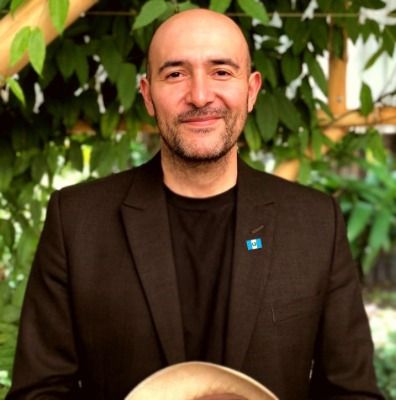Solar TUK TUK
We are transforming a conventional moto-taxi into a vehicle that uses an electric motor, battery bank and solar panel. Part of an effort to reduce emissions and have a more social and economically viable way of transporting people in Guatemala.
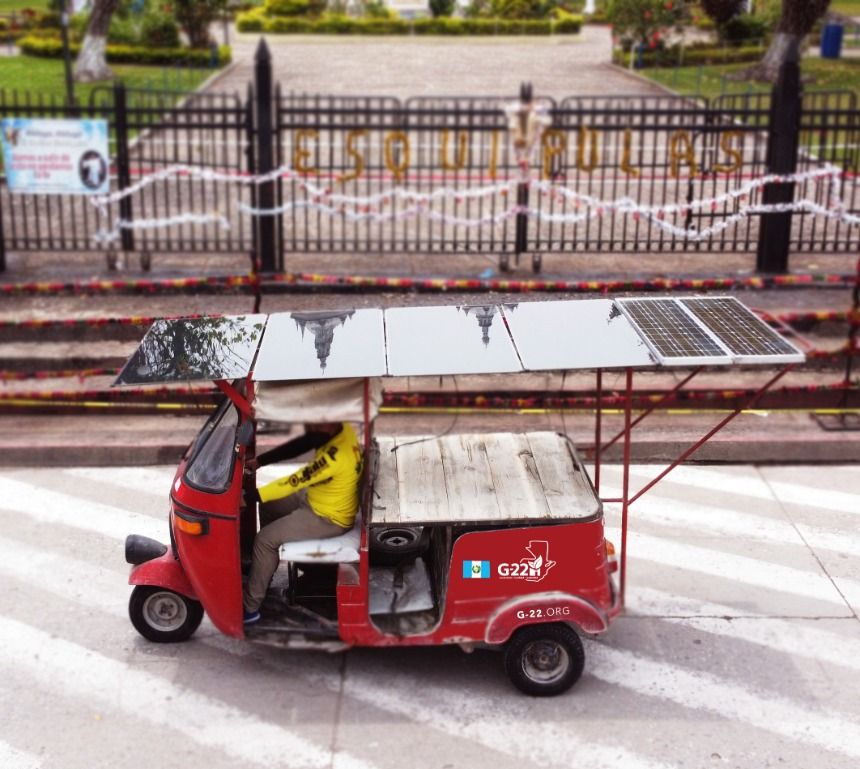
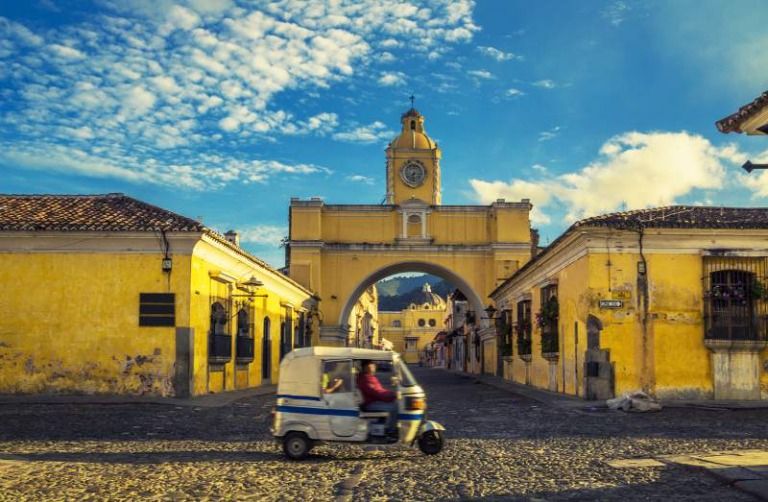
Summary
Since 2001 hundreds of thousands tuk-tuk vehicles (rickshaw style taxis) have been imported to Guatemala and Central America from Asia, India, and Italy. They arrived to serve a purpose in small scale transportation that local governments have not been able to provide to their constituents, but in the process, they have generated associated issues that our project is investigating in and anthropological, economic, and environmental study and plans to offer a viable solution to look forward for Tomorrow.
Some of the problems like high CO2 emissions and noise pollution, lack of road education resulting in unnecessary accidents and financial debt have exposed local cities to struggle with a transportation system that could be improved using sustainability principles. We are developing the first prototype of an electric motor driven tuk-tuk that has the capacity to receive photovoltaic solar energy harnessed from a last generation solar panel on a specially designed roof rack. All this energy is stored in a battery bank that could give the local entrepreneurs more financial gain, less environmental footprint and more importantly, better social acceptance associated with a road education program for young male and female drivers.
Our key objective is to develop an electric vehicle conversion solar kit that could be sold for an accessible financed amount in a cooperative ‘green financial’ loan and ultimately be paid off by cost savings in fuel and related maintenance expenses.
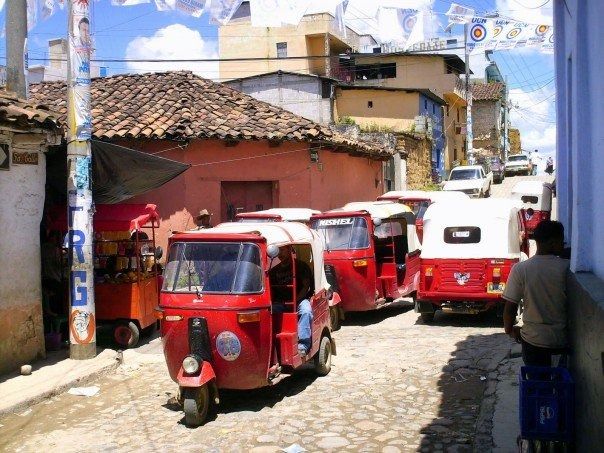
Emissions and Noise Pollution
The emission calculation on fossil-fueled tuk-tuks in Guatemalan cities show that they produce approximately 4 tons of CO2 per year. Noise pollution has also been an identifiable problem associated with this type of vehicle in small and medium size towns and cities, their four-stroke 198 cc engines have high levels of noise when mufflers and other associated maintenance is not conducted regularly.
Road Safety
Another big problem associated to this explosion on offering has to do with the almost non-existent road education and safety practiced by its almost exclusive young male drivers, resulting in the avoidable recurring daily accidents that have caused many losses of lives and thousands of injuries. Our current study shows the lack of vehicle insurance in 9 out 10 vehicles, an alarming statistic that could be addressed with our solar kit conversion solution.
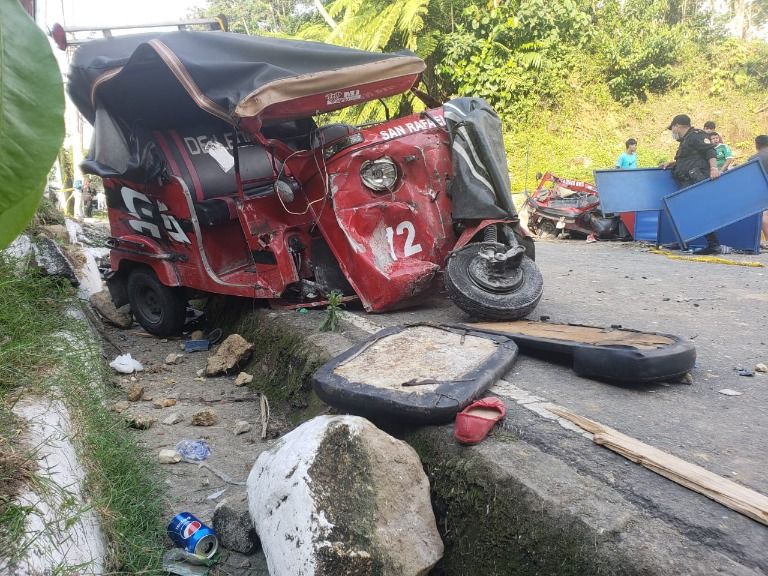
Economic, Anthropological and Environmental base-line studies
It is true that the vehicle has brought the possibility for thousands of people to become transportation entrepreneurs, unfortunately many of them fall in a vicious circle of monthly payments, fuel and other operating costs that yield very little profits in an annual economic perspective. The average financed price of a new tuk-tuk in Guatemala is of about $ 10,000.00. After not been able to pay large percentage loans, sellers recover the vehicles leaving the buyers with the loss of payments done up to that date. Another big economic hardship has to do with international fuel cost increases and its direct local price adjustments, particularly in the year 2021.
Our project is currently undergoing a base-line anthropological investigation to understand who the primary sectors of society are involved in the offering of this service. Average age and educational levels of drivers and other pertinent social demographics. We are also doing an economic analysis to understand pricing ranges of trips nationally, financing costs, fuel, local municipal fees, and annual maintenance expenses to determine some projections of financial profitability. We are also analyzing the environmental implications of using an internal combustion engine to show CO2 emissions, decibels associated to noise, interior temperature of the cabin and other indicators that we may compare to our proposed solar alternative.
Multidisciplinary Team and Partners
We are currently working with a multidisciplinary group of people to complete the research component of the project, and to conclude with the transformation of the first prototype of an operating Solar Tuk Tuk.
Our team is composed of designers, engineers, anthropologists, electricians, technical educators, an environmental journalist, entrepreneurs, mechanics, photographers, and students. The team is of about 30 people so far, composed both of female and male participants. Together we expect to soon have and operating vehicle that could showcase the potential of sustainable urban mobility, the integration of technology and renewable energies. Several partners both in the private and social civil sectors are getting involved to support the project.
National identity and problem solving
The project is being executed this year, 2021, the year that Guatemala marks the bicentennial from its independence from Spain. We truly believe that approaching social problems in a multidisciplinary manner, with co-participatory workshops and design thinking methodologies is the most effective way to develop local sustainable solutions to problems that generate economic, social, and environmental impacts. Frugal innovation must be the approach to reinvent our country to recover faster from the profound impact that the global pandemic due to Covid-19 has shown, and in the process develop national pride.
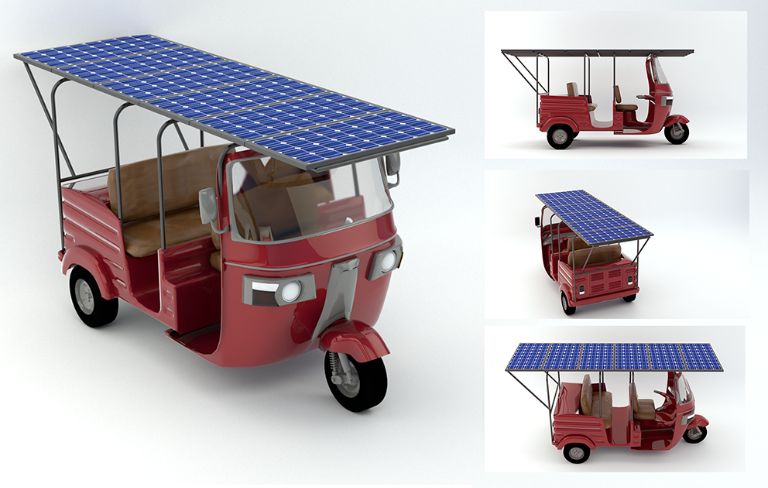
Debt, Climate Change and Migrations
In our current research we have seen alarming tendencies linked to migrations from Guatemala to North America, primarily for three main reasons. The incapacity to repay loans associated to overarching debts like purchasing this type of vehicles, this has been aggravated even more with the global pandemic due to Covid-19. Directly impacting the use of this type of vehicle/service due to the mobility restrictions associated with lockdowns and the almost obliteration of the tourism industry. Climate change and the lack or excess of precipitation needed to grow local staple foods like corn and beans. This associated with soil erosion, deforestation, and the loss of native seeds. Some migrations are also linked to gang’s activities and financial extorsions to owners and drivers of this type of vehicle primarily in small dormitory towns close to larger cities where population has increased in large percentages.
Sustainable Urban Mobility
Saving energy and improving the quality of life of people should be a major focus for local towns and cities in Guatemala. Urban and rural transportation is a major consumer of energy and emitter of greenhouse gases, and cities of different sizes have thus a crucial role in contributing to improve the energy efficiency and cutting down greenhouse gas emissions. Working on a national approach linked to the ministry of environment and local governments could yield to a new approach to future accessible electric vehicle technologies and other modes of transportation that do not depend on fossil fuels.
Scalable electric vehicle conversion solar kit, SDG’s
With all this context, we are seeking to convert a conventional tuk-tuk into an electrical driven unit with the possibility to harness energy from the sun and store it in a battery bank. This conversion kit should ideally be easy to install and be price accessible to current owners as their internal combustion engines reach their lifecycle. A green loan would be allocated in a cooperative financial institution and the access to this money would bind the compromise of taking several hours of road and safety education, together with insuring the vehicle for material loss and injuries. We are also seeking to interest women in becoming drivers for this type of service alternative, including additional incentives for their social inclusion.
Our solution is fully related to considering the Sustainable Development Goals (SDG) with a vision towards 2030 and acting primarily in developing sustainable cities and communities (11) but crossing to many other SDG’s as we advance in the scalability of the project.
Meet the solution owner
